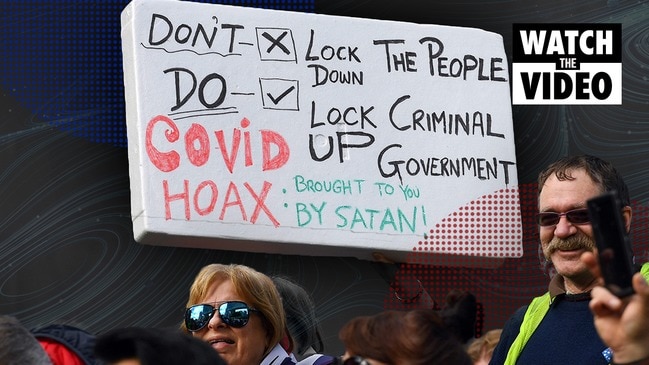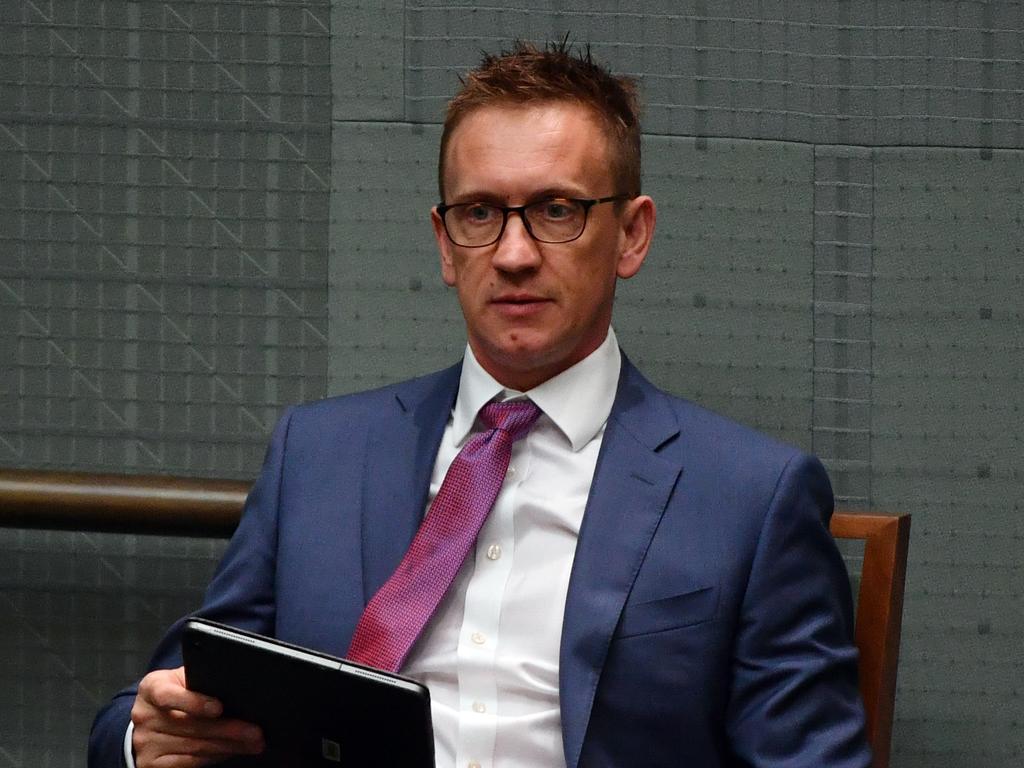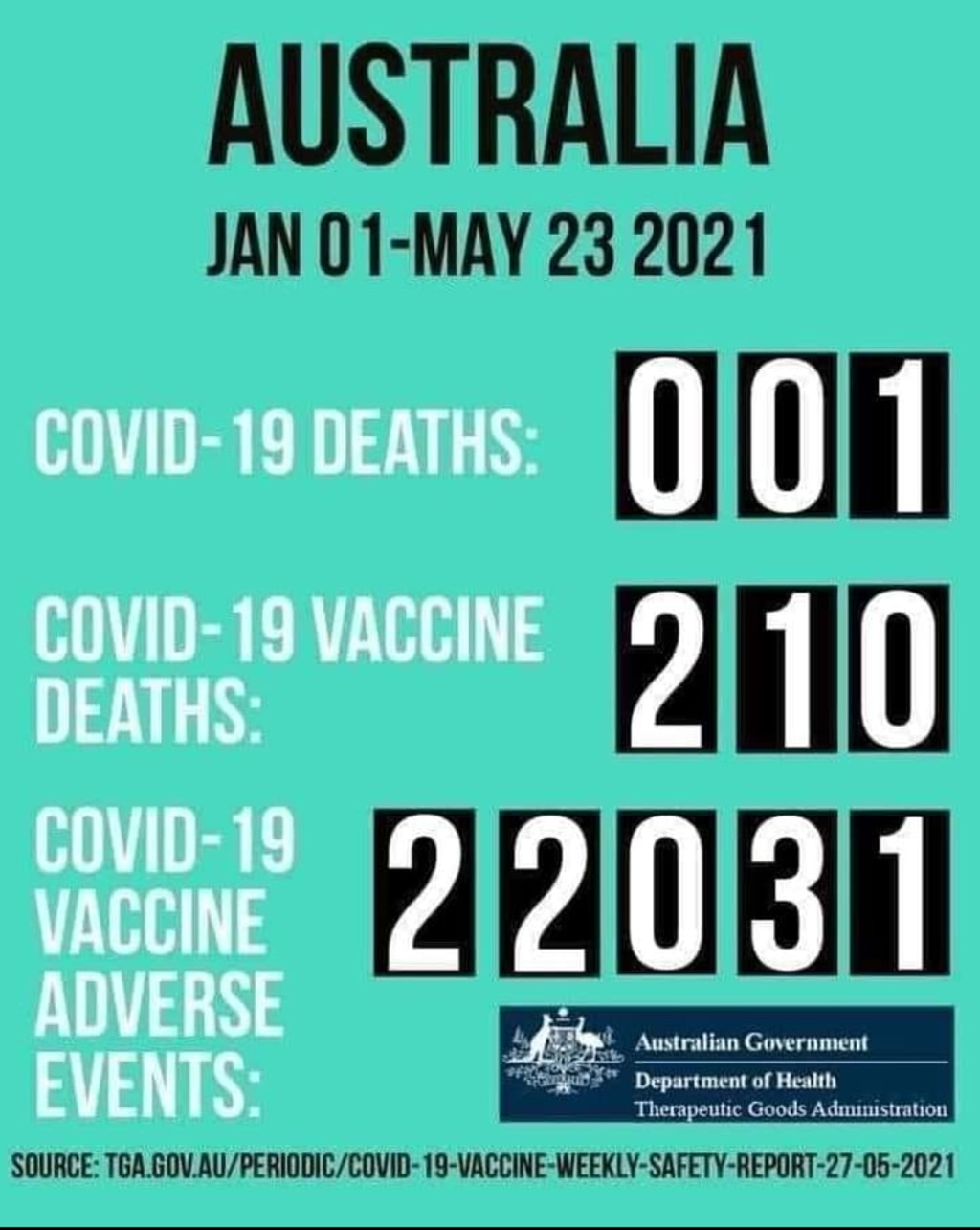Anti-vaxxers flood MP’s Facebook post with misinformation purportedly from the TGA
A seemingly innocuous post from a Labor MP has become a viral hub for anti-vaxxers, but they’re pretending to be something else.

Anti-vaxxers have inundated a federal MP’s online post with misinformation purporting to be from the nation’s top drug regulator.
Labor MP Julian Hill on Saturday uploaded a photo of him receiving the jab to Facebook, urging Australians to follow suit.
The post was immediately flooded with misinformation purportedly from the Therapeutic Goods Administration (TGA), including false claims Covid-19 vaccines have caused more than 200 deaths.
The post, which was the most interacted with by any MP on Saturday, has now been viewed by more than 500,000 users and attracted more than 25,000 comments.
Mr Hill accused the government of “vacating the field” and allowing online conspiracy theories to flourish by failing to implement a national public health campaign.
RELATED: Aussies urged to watch out for COVID-19 misinformation

In a letter to Health Minister Greg Hunt on Monday, he demanded the federal government urgently begin a national information campaign to combat vaccine hesitancy.
“There needs to be a proactive effort to crowd out and call out the frankly batshit crazy stuff that is being spread,” he wrote.
“If you finally get around to commissioning an information campaign, I would suggest that you find a different group of people to those who came up with the milkshake ad.”
A spokesman for Mr Hunt said around $40 million had been allocated to Covid-19 advertising campaigns, featuring TGA Professor John Skerritt and other experts.
“The advertising continues to ramp up as the program expands and all of the communication is based on research to target the key groups,” he said.
“This approach has provided a counter to misinformation about the vaccines and provide assurance to the community.

“As always, we suggest Australians get medical advice from medical experts, not Facebook.”
University of NSW researcher Dr Kate Faase said social media comments were putting Australia’s vaccination program at risk and increasing vaccine hesitancy by exaggerating side effects.
“People are more likely to share their negative experiences on social media than their positive ones, so what you see online isn’t the whole story or necessarily the most likely one,” she said.
“Knowing this about ourselves and making sure we keep a look out for the positive information too can help to ensure we are getting more balanced information about the vaccines.”
Dr Faase said a social campaign could help emphasise the positives of Covid-19 vaccinations.
“Knowing how many people don’t experience side effects is important. It gives us a more realistic view of what to expect and helps us to focus on the benefits of these vaccines,” she said.

NCA NewsWire has contacted Facebook for comment.
Facebook last month revealed it had removed more than 14 million pieces of content it classified as Covid-19 misinformation, including 110,000 posts from Australian pages or accounts.
It also permanently removed independent MP Craig Kelly’s page in April for “repeated violations” of its Covid-19 policies.
But despite launching a fact-checking program in 2016, the company has struggled to reign in misinformation during the pandemic.
“Whether it’s false or misleading content about Covid-19 and vaccines, climate change, elections or other topics, we’re making sure fewer people see misinformation on our apps,” it wrote in a blog post last week.



